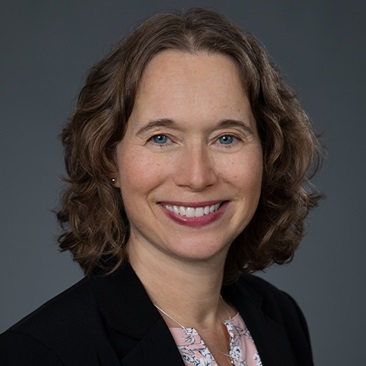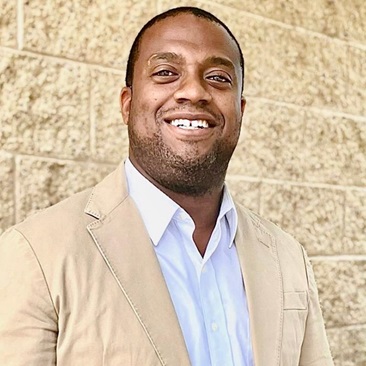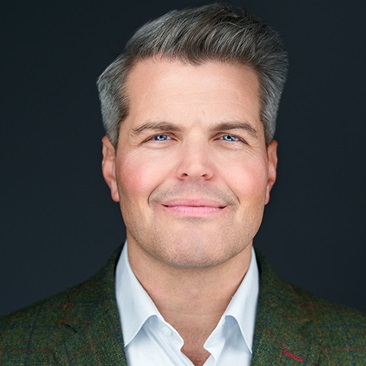Three Faculty Members Named O’Hanley Scholars
September 17, 2021
The Maxwell School is pleased to announce three new O’Hanley Faculty Scholars: Saba Siddiki, associate professor of public administration and international affairs; Martin Shanguhyia, associate professor of history; and Chris Faricy, associate professor of political science. Each was selected for outstanding teaching, scholarship and other accomplishments, including success with external grant support and service to the institution. The scholars hold the title for three years and receive supplemental financial support for teaching and research.
The O’Hanley Faculty Endowed Fund for Faculty Excellence was created with a major gift from Ron O’Hanley, chairman and chief executive officer of State Street Global Advisors and a 1980 graduate of the Maxwell School with a B.A. in political science. For O’Hanley, who is currently chair of the Maxwell Advisory Board and a trustee of the University, the fund serves to help recognize and reward excellent teachers at the School.
Siddiki is also a senior research associate in the Center for Policy Research. Her research focuses on policy design, collaborative policymaking, institutional theory and analysis and regulatory implementation and compliance. She has studied these topics in the contexts of food and environmental policy. Her work has been published in leading public affairs journals, including the Policy Studies Journal, Journal of Public Administration Research and Theory, Public Administration Review, Public Administration, among others. She is also the author or editor of multiple books, including “Understanding and Analyzing Public Policy Design” (Cambridge University Press, 2020). She currently serves as director of the Institutional Grammar Research Initiative, co-managing editor of the Collaborative Governance Case Database and associate editor for Policy Design and Practice. Siddiki received a Ph.D. in public affairs from the University of Colorado in 2011.
Martin S. Shanguhyia’s research focuses on colonial and postcolonial Africa, with a concentration on eastern Africa. He is interested in the intersection between critical resources and state and community interests within the lens of politics, economy and social relations. He has authored “Population, Tradition & Environmental Control in Colonial Kenya, 1920-1963” (University of Rochester Press, 2015) and co-edited “The Palgrave Handbook of African Colonial and Postcolonial History” (Palgrave Macmillan, 2018) and “Development in Modern Africa: Past and Present Perspectives” (Routledge, 2020) as well as multiple chapters. His research has been published or is forthcoming the International Journal of African Historical Studies, the Journal of Colonialism and Colonial Studies, Journal of Eastern African Studies, African Economic History and the Canadian Journal of African Studies, among others. He received a Ph.D. at West Virginia University in 2007.
Chris Faricy serves as the director of graduate studies for the Department of Political Science and is a senior research associate in the Campbell Public Affairs Institute. His research focuses on American politics, social policy, income inequality, tax policy and public opinion on government spending. He authored “Welfare for the Wealthy: Parties, Social Spending, and Inequality in the United States” (Cambridge University Press, 2015) and co-wrote “The Other Side of the Coin: Public Opinion toward Social Tax Expenditures” (Russel Sage Foundation, 2021). The latter was supported with a grant from The Russell Sage Foundation. Faricy’s numerous media citations include the Wall Street Journal, the New York Times, Forbes, The Hill, Bloomberg and MarketWatch. His work has been published in leading political science journals, including the Journal of Politics, and Political Behavior. He received a Ph.D. from the University of North Carolina at Chapel Hill in 2010.
Published in the Winter 2022 issue of the Maxwell Perspective
Related News
School News

Nov 8, 2024
School News

Oct 28, 2024
School News

Sep 23, 2024



